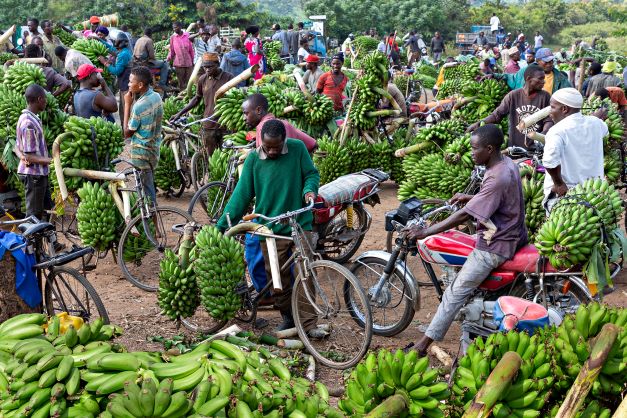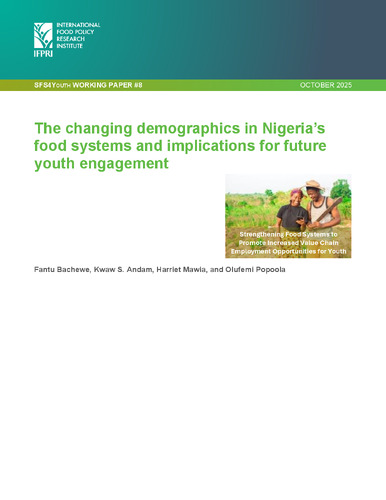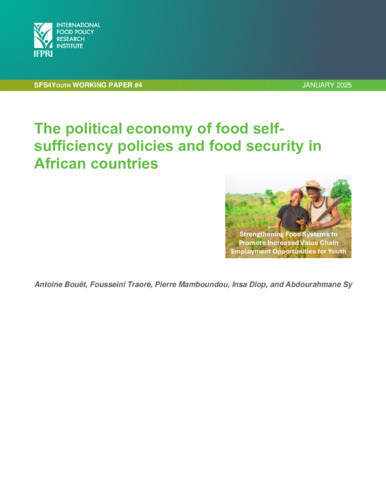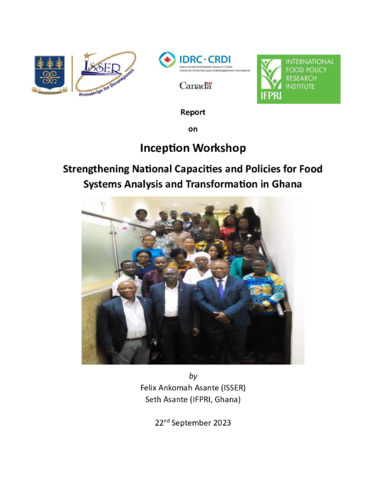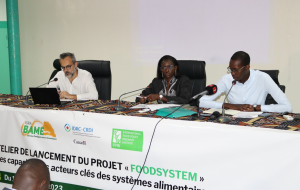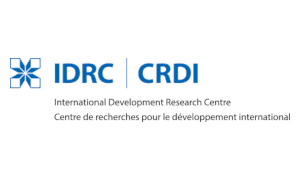Food systems encompass the entire range of actors and their interlinked value-adding activities involved in the production, aggregation, processing, distribution, consumption, and disposal of food products. Many African countries have capacity to analyze and address specific constraints and to develop interventions for individual components of food systems. This is exemplified with the capacity developed in the Comprehensive Africa Agriculture Development Programme (CAADP) process, as it involves a multi-sectoral approach with other non-agriculture components to deliver on multiple outcomes including growth, employment, food security, and nutrition.
However, the capacity to analyze and intervene at the whole food system level such as to recognize and act on the trade-offs that lead to systemic change are inadequate. In the CAADP case for example, this gap is revealed in how the 10% agriculture expenditure target has been analyzed and advocated for the agriculture sector, with little or no consideration that increasing government spending in one sector will necessarily reduce spending in others and may undermine achievement of all the desirable outcomes.
The project’s aim is to strengthen national capacities in food systems analysis in Ghana, Kenya, and Senegal to inform the transition of food systems toward more sustainable, equitable, and healthy outcomes. The objectives are to adapt the FS-TIP Food Systems Diagnostic Toolkit to:
- Analyze and describe the various types and components of the status, size, and dynamics of each country’s food systems at national and subnational levels.
- Analyze the tradeoffs and identify options (including policy, institutional, gender, technological, and governance innovations) for sustainable food systems transformation.
- Develop National Food System Transformation Plans (NFSTPs), with indicators, targets, and reporting mechanisms.
- Demonstrate exemplary integration of gender and equity in food systems analysis that improves the quality of evidence and priority setting.
The approach in each country is for IFPRI to facilitate a team of 5-15 individuals (or Food Systems Transformation Champions) constituted from various local institutions and organizations (policy think tanks, government departments, universities, private sector, civil society organizations, etc.) to conduct the analysis and develop the NFSTPs. The facilitation includes training, mentorship, access to methods and tools, reviews, stakeholder engagements, etc.




